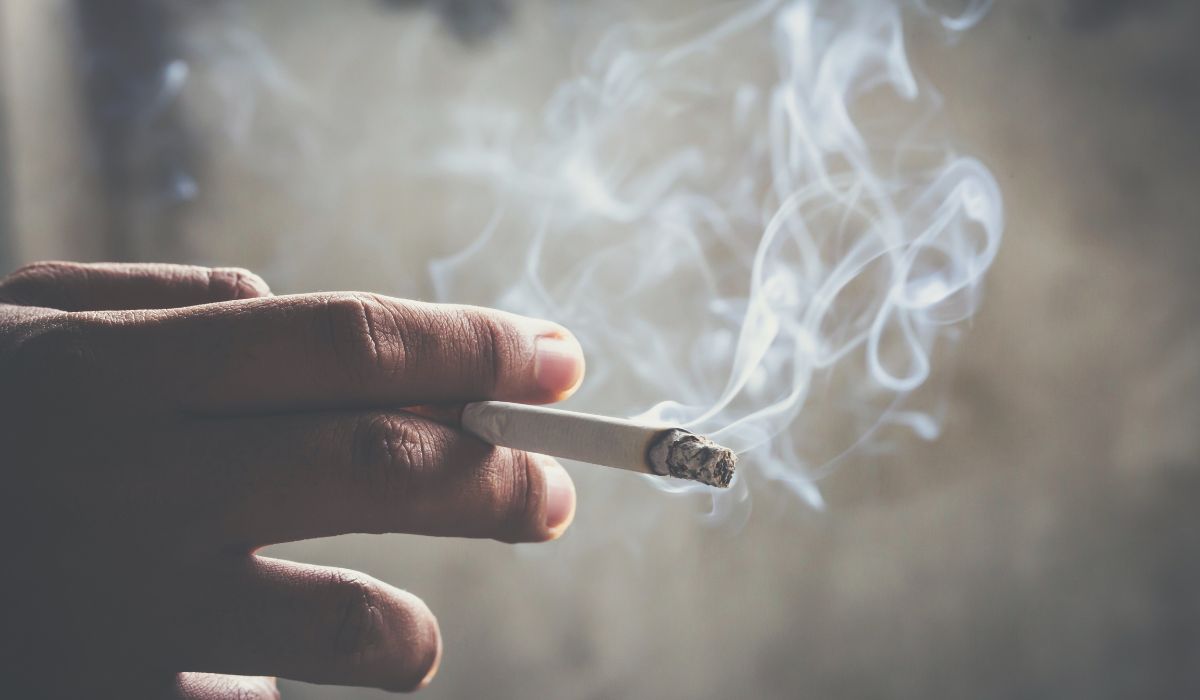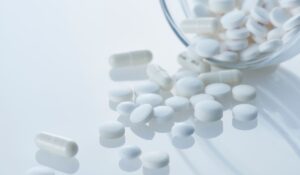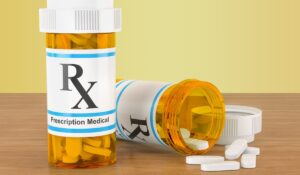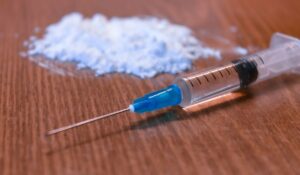Can You Fail a Drug Test from Secondhand Smoke?
Many people worry about drug testing, especially if they are around others who smoke marijuana. A common question is: can you fail a drug test from secondhand smoke? The answer depends on how much smoke you breathe in, how long you are exposed, and the type of test used.
At Lynk Diagnostics, a trusted drug testing center for rehab facilities, we help patients, families, and professionals understand how tests work. In this article, we’ll explain how secondhand marijuana smoke affects the body, what drug tests look for, and whether being around cannabis users could make you fail a test.
What Is Secondhand Smoke?
Definition of Secondhand Smoke
Secondhand smoke happens when a person breathes in smoke from someone else’s cigarette, cigar, or marijuana joint. With marijuana, this smoke contains THC (tetrahydrocannabinol), the main chemical that causes a “high.”
Secondhand Marijuana Smoke
When marijuana is burned, it releases THC and other compounds. If you are in a closed room where others are smoking, you may inhale some of these particles. This is called passive inhalation.
How Do Drug Tests Work?
Types of Drug Tests
Drug testing can happen in different ways, including:
- Urine tests – the most common method for employment or rehab monitoring.
- Blood tests – used in hospitals or legal cases for recent use.
- Hair follicle tests – can show long-term exposure, sometimes up to 90 days.
- Saliva tests – check for recent use within hours or a couple of days.
What Drug Tests Look For
Most drug tests are designed to detect THC and its metabolites (the byproducts after the body breaks down THC). The body absorbs THC into the bloodstream, which is then processed by the liver and passed into urine, saliva, or hair.
Can Secondhand Smoke Cause a Positive Drug Test?
Factors That Matter
Whether you fail a test from secondhand smoke depends on several factors:
- Amount of smoke in the air – Being in a small, unventilated room makes exposure stronger.
- Length of exposure – A few minutes is less risky than hours in heavy smoke.
- Personal sensitivity – Some people may absorb more THC than others.
- Drug test cut-off levels – Tests have limits for detection, so trace amounts may not count as positive.
Research on Secondhand Exposure
Studies show that extreme secondhand exposure in unventilated spaces can lead to small amounts of THC in urine. However, in most real-life cases, the levels are too low to trigger a positive result.
Urine Tests and Secondhand Smoke
Urine testing is the most common method for workplaces and rehab programs. These tests check for THC metabolites like 11-nor-9-carboxy-THC.
- Light exposure usually does not cause a positive urine test.
- Heavy exposure in a smoke-filled room could, but it is rare.
- Time since exposure also matters because the body clears THC over hours or days.
Blood Tests and Secondhand Smoke
Blood tests are more sensitive and show recent THC in the body. If you are very close to heavy marijuana smoke, a blood test might show tiny levels of THC for a short time. But this usually fades quickly, often within a few hours.
Hair Tests and Secondhand Smoke
Hair follicle testing is different. It looks for long-term patterns of drug use. Because THC can cling to hair, being around secondhand smoke could leave environmental contamination. However, labs like Lynk Diagnostics wash samples before testing to reduce false positives.
Saliva Tests and Secondhand Smoke
Saliva tests can detect THC for 24–48 hours. If someone blows marijuana smoke directly into your face, THC may enter your mouth and show up temporarily. Still, accidental exposure usually does not reach the levels needed to fail.
Why Cut-Off Levels Matter
Drug testing labs use cut-off thresholds to avoid false positives. For example:
- Urine tests often use a 50 ng/mL cut-off.
- Blood tests may use lower levels for active impairment.
This means that a test is not “positive” unless THC is above the set amount. Being near marijuana smoke rarely raises your levels enough to cross that line.
Can Secondhand Smoke Affect Rehab Patients?
Risk for Recovery
For patients in rehab, being around marijuana smoke can be risky. Even if it doesn’t always cause a failed test, it may:
- Trigger cravings for past substance abuse.
- Cause stress and anxiety about testing.
- Lead to misunderstandings with therapy providers.
Role of Lynk Diagnostics
At Lynk Diagnostics, we help rehab centers, therapists, and patients understand how to avoid risky situations. Clear, accurate drug testing ensures patients get fair results and proper support.
Tips to Avoid Testing Problems from Secondhand Smoke
If you are worried about drug testing, here are some simple steps:
- Stay away from smoke-filled areas such as parties or cars where marijuana is being used.
- Ventilate rooms if you can’t avoid being near smoke.
- Explain your situation to your testing provider if you think you had heavy exposure.
- Choose supportive environments that promote sobriety and mental health.
The Science Behind THC Metabolism
When THC enters the body, the liver breaks it down into metabolites. These metabolites can stay in the body longer than THC itself. That is why someone can test positive days after smoking.
For secondhand smoke, the body absorbs much less THC, so it usually doesn’t create enough metabolites to fail a test.
Legal and Workplace Concerns
Employers, schools, and courts use drug tests to ensure safety and accountability. If you are concerned about secondhand marijuana smoke:
- Know your rights and responsibilities.
- Understand that tests are designed to find active drug use, not passive exposure.
- Talk with your doctor or health professional if you need clarification.
FAQs About Secondhand Smoke and Drug Tests
Can I really fail a drug test from secondhand marijuana smoke?
It is possible in extreme cases, like being in a closed room filled with smoke for hours. But in most everyday situations, it is very unlikely.
Which drug test is most likely to show secondhand smoke?
Urine and saliva tests are the most likely, but only after heavy exposure. Hair tests may show contamination, but labs wash samples to reduce errors.
How long does secondhand THC stay in my body?
Usually only a few hours to a day. The amount is much smaller than from smoking directly.
Can rehab patients get in trouble from secondhand smoke?
Yes, even if they don’t fail a test, being around drugs can harm recovery progress and trust with counselors. It’s best to avoid smoke-filled areas.
What should I do if I think I was exposed before a test?
Tell your test provider honestly. Drug testing centers like Lynk Diagnostics can consider exposure levels and help interpret results fairly.
Final Thoughts
So, can you fail a drug test from secondhand smoke? The short answer is: it’s possible, but rare. You would need to be in a heavy cloud of marijuana smoke for a long time. Most drug tests have cut-off levels that prevent false positives from light exposure.
At Lynk Diagnostics, we believe in accurate testing and patient-centered care. Understanding how secondhand smoke works helps patients, families, and rehab centers stay informed and avoid unnecessary worries.








